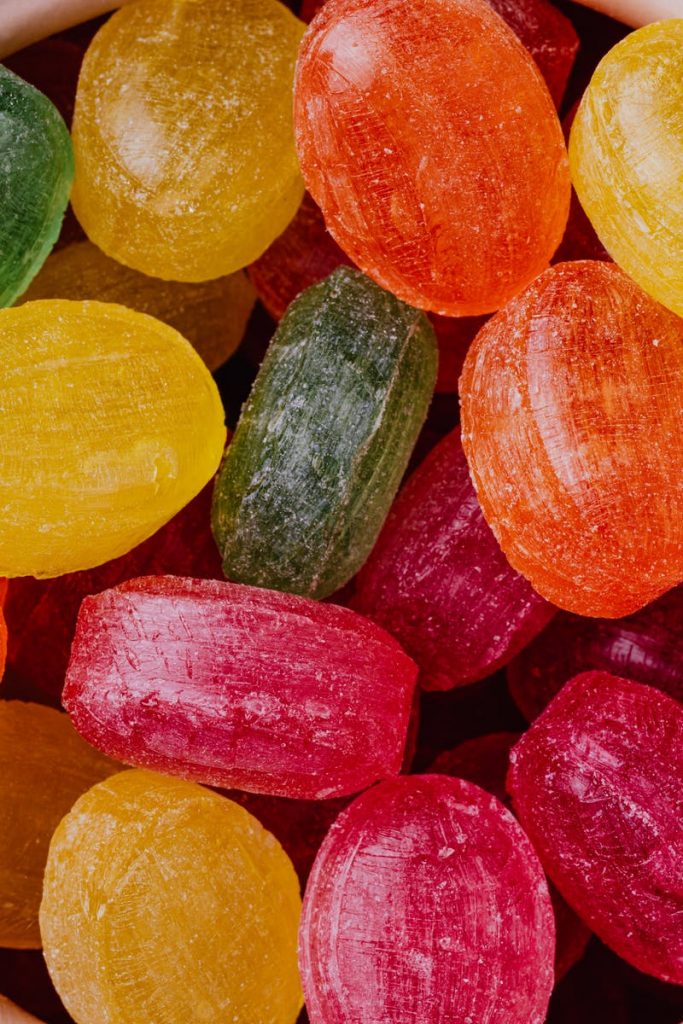Label’s Culture Editor and volunteer writer, Rebecca Pearson, talks about the new Wonka film that’s in the works and the controversy surrounding Roald Dahl.
Most of us remember the peculiar filmic world of Willy Wonka’s Chocolate Factory: random bursts into song, ludicrously formed characters and the mysterious Willy Wonka. Now, it’s Willy Wonka himself who is about to be reimagined in the prequel Wonka, starring Timothée Chalamet, in a bid to add a background to Roald Dahl’s enigmatic character. But this new fabrication is not without its controversies.
It is often the innocent world of children’s stories that are ensnared by more sinister underpinnings. At first glance, Charlie and the Chocolate Factory is a classic tale of rags-to-riches combined with the didacticism of ‘bad children are punished’. But behind the colourful sweets, golden tickets and the factory of improbable inventions lies an undercurrent of injustice.
Much of the criticism of Roald Dahl’s creation lies within his presentation of the Oompa Loompas. In both original films (released in 1971 and again in 2005), the Oompa Loompas are characterised as an outsourced workforce, sought to protect Wonka’s precious recipes from ever being stolen again. But the Oompa Loompas are given minimal dialogue. We hear some of Willy Wonka’s side of the story but seldom that of the Oompa Loompas’. Critics and post-colonial readings have often asserted that the position of the Oompa Loompas is one of slavery. They have worked in Wonka’s factory to make it a success over many years, yet are subject to mistreatment. Dahl’s revised sequel, Charlie and the Great Glass Elevator re-described the Oompa Loompas as having ‘golden-brown hair’ and ‘rosy-white’ skin following the accusations against him, Dahl confessing that it did not occur to him that his depiction of the Oompa-Loompas could be viewed as racist.
Since Dahl’s use of the fantasy genre is part of such a long literary tradition of blurring the lines between what is real and what is not, there are a plethora of readings that can be explored from Dahl’s narrative. We are yet to find out the extent to which Wonka will feature the famous chocolate factory or any hints of the earlier films’ characters. However, giving Wonka an origin story could also be a chance to rework both Dahl’s tale and its allusive foundations. Since so much of Dahl’s original narrative revolves around Willy Wonka – a character for whom little is actually known – Wonka could be a creative chance to dismantle any prejudices, play with the notions of fantasy, and understand more about the man who, for now, remains largely a mystery.
–
Edited by Label Entertainment Editor, Uchenna Omo-Bamawo
Header by Assistant Head of Design, Molly Goldby


